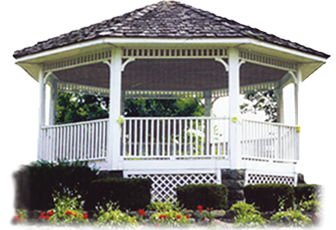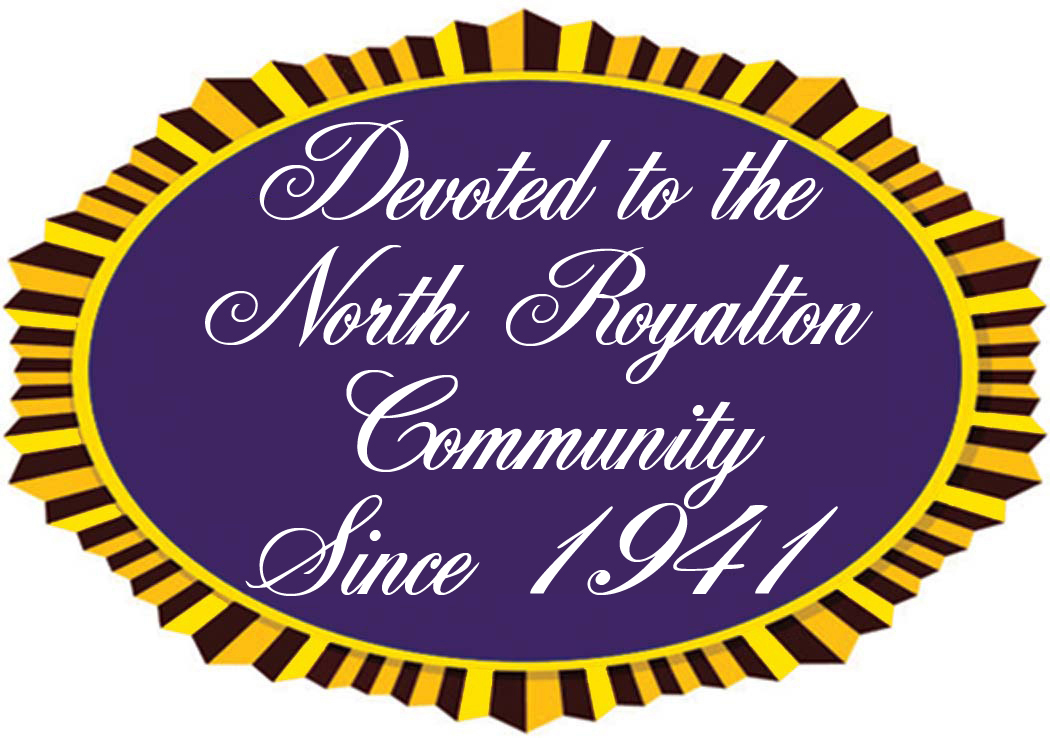The North Royalton City Council has voted to expand a current grant program that allows home owners associations to apply for grants in order to help subsidize stormwater-related projects that are deemed to be a nuisance. The program will now expand to include a collective of residents who live in an area that is experiencing certain stormwater problems.
“We know some areas that would possibly benefit from this,” said City Engineer Mark Schmitzer. The applications for the grants, either from homeowners’ associations or a collective of residents, will have to be approved by him in order to receive funding. Schmitzer said that in the past, when the homeowners’ associations have applied for the grant and it was denied, it was either because they applied more often than the allowable time frame, or the scope of work they had included was not a corrective measure to the stormwater issue.
Council members discussed expanding the program to groups of residents who are experiencing stormwater-related issues at their November 4 Utilities Committee meeting. Ward 5 Council Representative, Vince Weimer, and Ward 1 Council Representative, Jessica Fenos, recently approached Mayor Larry Antoskiewicz to see if the program expansion could take place. “If we can do that for homeowner associations, why can’t we do that for collective residents? I find that to be fair,” he stated.
The City receives 25% of the resident’s stormwater fee from the Northeast Regional Sewer District. A program that will subsidize up to 25% of the cost of a stormwater project, up to $7,000 was originally established for homeowner associations in 2018. Antoskiewicz said that most of the projects consist of work done on retention basins and creek cleanup. Applications for the grants can be made every three years and are distributed on a first-come, first-serve basis.
Antoskiewicz said that the city has budgeted about $25,000 a year for these grants.
The ordinance, introduced by Ward 1, 2 and 3 Council Reps, Fenos, Barath, and Krejci, and co-sponsored by Council President Marnecheck, was unanimously adopted at the November 17 City Council meeting. It amends the City’s codified ordinances, part fourteen, Building and Housing Code, Chapter 1481 Storm Water Management, Section 1481.08 Maintenance of Systems, Paragraph (a) and (g). The amendments are as follows:
Section 1. Part Fourteen Building and Housing Code, Chapter 1481 Storm Water Management, Section
1481.08 Maintenance of Systems, Paragraph (a) of the Codified Ordinances of the City of North Royalton is hereby amended to hereinafter read as follows:
(a) Any portion of the drainage system on private property including on-site and off-site storage facilities and municipally approved grades and swales shall be continuously maintained by the owner of the property unless such system or portion thereof is officially accepted and dedicated by the City for maintenance. The developer/owner shall cause the maintenance obligation to be inserted in the chain of title to the affected lands as a covenant running with the land in favor of the City. To ensure that the proper maintenance of the storm water management improvements will occur, the property owner shall execute a maintenance agreement containing those terms and provisions set forth in the maintenance agreement in substantially the same form as incorporated herein as Appendix I of this chapter. No maintenance agreement shall be executed by or on behalf of the City without first being reviewed by the City Engineer and Law Director.
Section 2. Part Fourteen Building and Housing Code, Chapter 1481 Storm Water Management, Section
1481.08 Maintenance of Systems, Paragraph (g) of the Codified Ordinances of the City of North Royalton is hereby amended to hereinafter read as follows:
(g) A property owner, including but not limited to a Home Owners Association, that has been
issued a Cuyahoga Soil & Water Conservation District Long-Term Operation and Maintenance Report on behalf of the City Engineer requiring the property owner to take corrective action may be eligible to apply for grant funds to help offset required maintenance related expenses of their storm water management facility. In addition, other owners of adjacent real property may join together and apply for grant funds set forth herein to aid in collaborative corrective action to address any “storm water nuisance” as determined by the City Engineer. Storm water management facility and storm water nuisance grant applications shall be completed and submitted as follows:
(1) Applications are available on the City’s website under the Engineering Department page.
(2) Completed applications shall be submitted to the City Engineering Department for consideration for the following maintenance activities:
a. Clogged or damaged infrastructure
b. Dredging and/or sediment removal
c. Erosion repairs and stabilization
d. Invasive vegetation removal
e. Trash and/or debris removal
f. Safety issues
g. Inadequate or improperly graded swales including property grades that have been modified without permits or fail to meet the original grades as approved by the city.
(3) Applications shall be limited to maintenance expenses outlined in the most currently issued
Long –Term Operation and Maintenance Report issued by the Cuyahoga Soil
& Water Conservation District or costs incurred to effect remedial work as to storm water nuisances.
(4) Grant funding shall be limited to a maximum of one quarter (1/4) of the total cost associated
with the required maintenance or remedial work, not to exceed $7,000 per project property owner as defined
(6) Property owners shall be eligible to apply for grant funds only once every three years.
(7) Storm water management facilities commenced and/or completed since January 1, 2017 shall be eligible to apply for grant funding.
(8) Applications may be denied for incompleteness or lack of sufficient funding; failure to qualify for grant funds is solely determined by the City Engineer.
(9) Payment of the grant shall be made only after the satisfactory completion of the required maintenance or remedial work, and upon proof of payment of the entire project cost thereof.”
By GLORIA PLEVA KACIK
Contributing Writer
Council approves expansion of Stormwater Grant Program
Royalton Recorder Council approves expansion of Stormwater Grant ProgramDec 1, 2020






